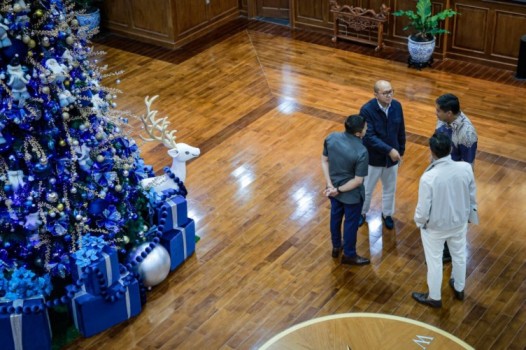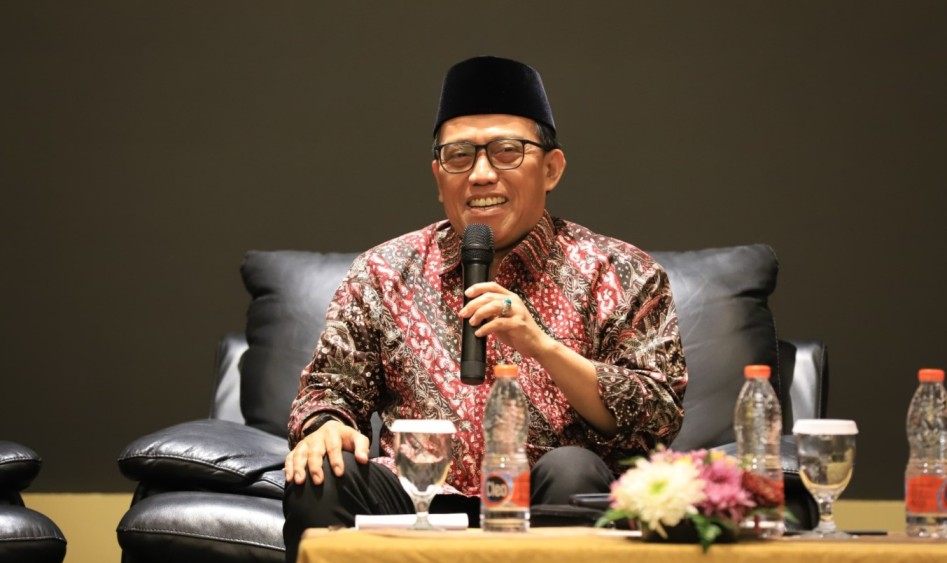Indonesia maintains policy amid EU objections over nickel export ban

Jakarta (Indonesia Window) – The Indonesian government will continue to uphold the country’s policy on the mineral and coal sector to support its transformation into an advanced economy by prioritizing good, competitive, environmentally sound and sustainable governance.
The statement was emphasized by Indonesian Minister of Trade Muhammad Lutfi following a consultation session between Indonesia and the European Union (EU) to resolve a dispute registered at the World Trade Organization (WTO) under DS592.
“The Indonesian government and all stakeholders believe that the policy and steps taken by Indonesia today are consistent with the principles and rules of the WTO,” said Minister Muhammad Lutfi in a written statement on Friday (Feb. 26).
Even though he regretted the EU’s action, the minister said the dispute process at the WTO was a common issue as problems took place among the WTO members.
“The actions and steps taken by the EU would hinder Indonesia’s development process and progress in the future, either directly or indirectly. However, this action is normal and natural to happen when there are problems among WTO members,” he said.
Earlier, at the end of November 2019, the EU highlighted Indonesia’s steps and policies in the mineral and coal sector and formally submitted a request for consultation to Indonesia under the WTO dispute resolution mechanism.
Furthermore, the consultation process to resolve the dispute was held in January 2021 at the WTO Secretariat in Geneva.
During the consultation, the Indonesian government explained the issues raised by the EU, covering export restrictions, domestic processing requirements, domestic market obligations, export mechanisms and requirements approval, and exemption from import duties for industries.
In a regular DSB (Dispute Settlement Body) -WTO meeting on Monday (Feb. 22), the EU officially for the second time asked for the formation of a dispute panel because it considered Indonesia’s policies as inconsistent with the provisions of the WTO, detrimental to the interests of the EU, as well as unfair and disadvantageous for its domestic industry.
The EU lawsuit finally eased by covering only two issues, namely nickel export ban and domestic processing requirements.
Lutfi emphasized that the Indonesian government will continue to maintain its policy in the mineral and coal sector in order to support the transformation of the country into an advanced economy while keep prioritizing good governance, competitiveness, environmental insight, and sustainability.
“Indonesia is also committed to continuing to apply good mining practices and fighting for Indonesia’s interests in nickel disputes,” he said, adding that this was a manifestation of the constitutional mandate in utilizing natural resources in a good and sustainable manner for national progress.
Reporting by Indonesia Window

.jpg)








